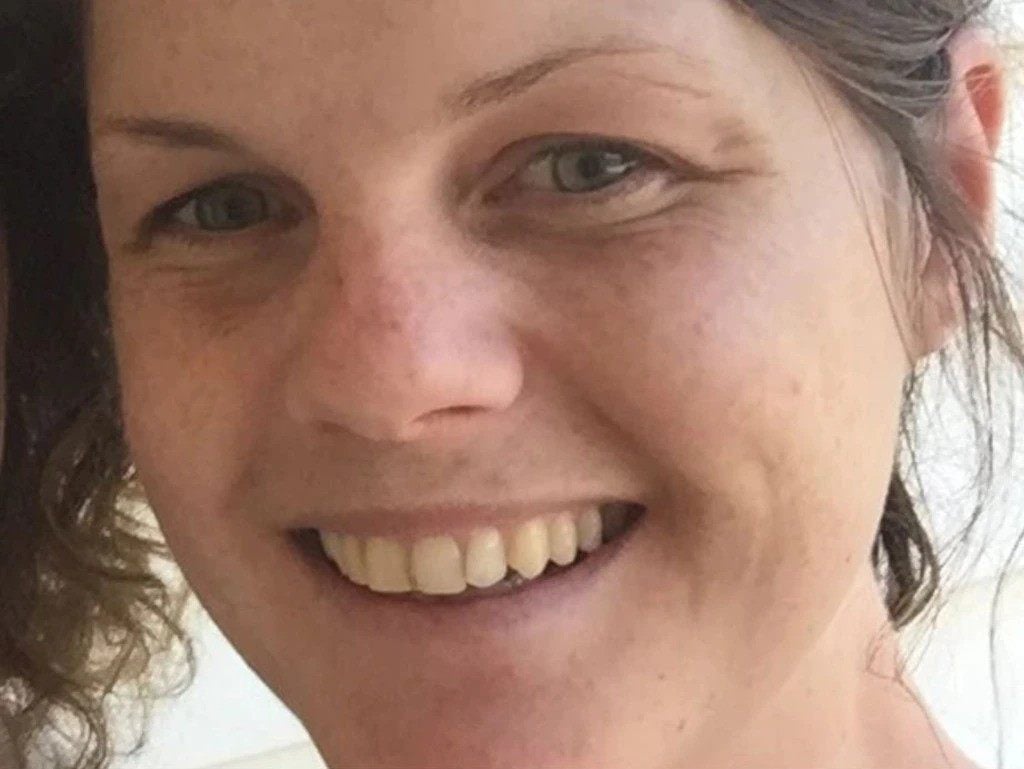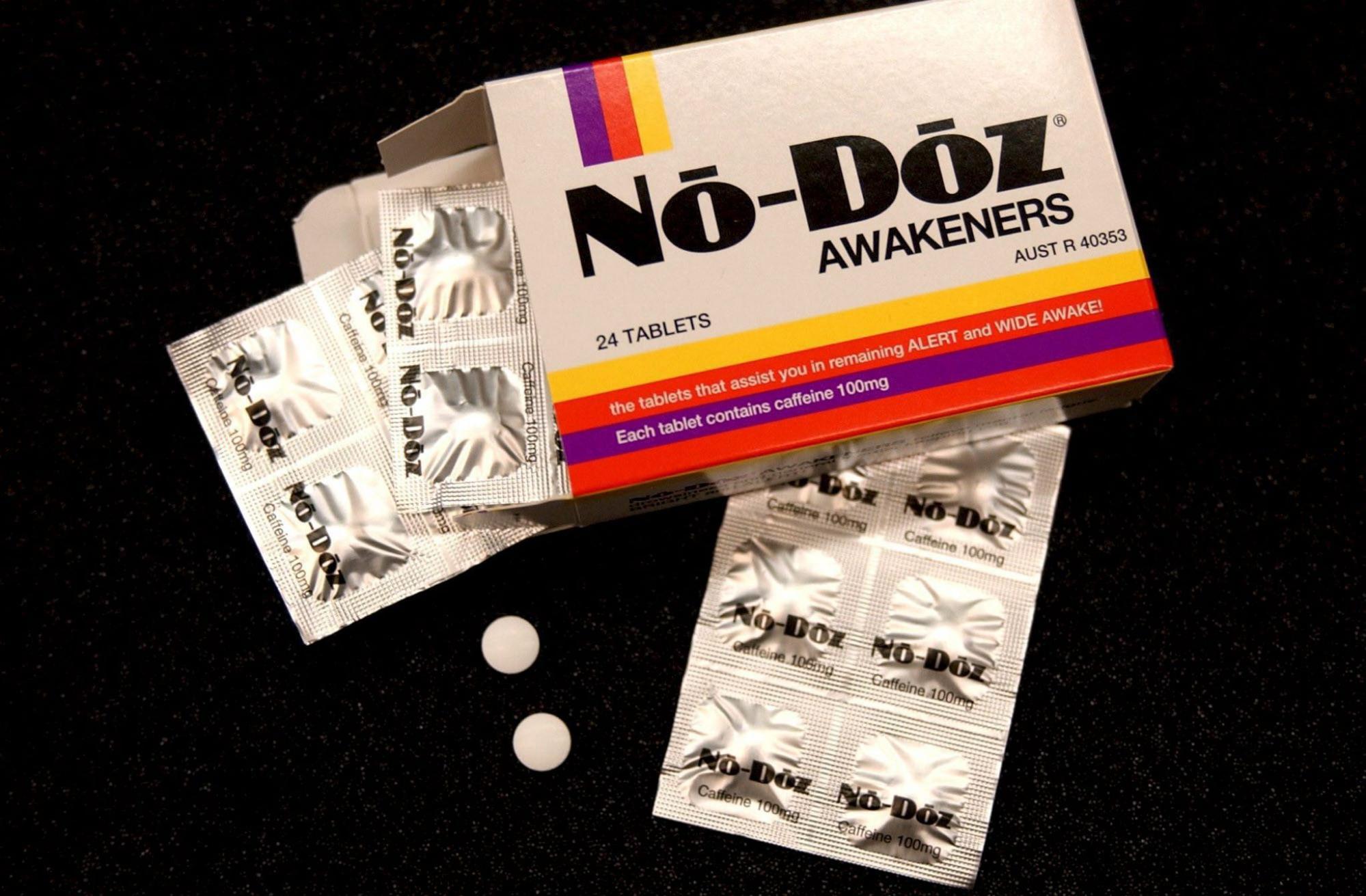Australian woman dies of caffeine overdose after ‘unacceptable’ wait for help
The delay in dispatching an ambulance to Christine Lackmann – found to have dangerously high levels of caffeine – was a factor in her death, coroner rules

An Australian woman died of caffeine overdose after waiting more than seven hours for an ambulance, a coroner has ruled, saying that the delay was a factor in her death.
Biomedical student Christina Lackmann, 32, was found dead in her Melbourne flat in April 2021. Her death was caused by an overdose of caffeine tablets, Coroner Catherine Fitzgerald found earlier this month, according to media channel news.com.au on Tuesday.
Lackmann had called the emergency line for help just before 8pm on April 21, 2021, saying she felt dizzy and numb, and could not get up from the floor. “Please hurry,” she said.
Believing she was just having vertigo, the operator classified Lackmann’s case as non-urgent, Stuff news website reported. When the operator called her back 30 minutes later, she did not answer.
Her phone went unanswered for the next 13 calls and her case was reclassified to ensure an ambulance would be dispatched. However, because of the high demand, two ambulance teams assigned to Lackmann were diverted to higher priority cases.
Help came only shortly before 3am, more than seven hours since Lackmann’s call for help. Paramedics had to climb through a neighbour’s balcony to gain entry and found her lying on the bathroom floor with her agitated dog by her side. She had been dead for some time, according to the New York Post newspaper.
A toxicology report showed that Lackmann had dangerously high levels of caffeine in her blood at the time of her death, national broadcaster 9 News reported. An email on her phone found that she had received an iHerb order of 90 200mg caffeine tablets that day.
“I am satisfied that Christina’s death was the consequence of the ingestion of caffeine tablets,” Fitzgerald said. “However, I am not satisfied to the requisite standard that Christina intended to take her own life, although this remains a distinct possibility.”
At the inquest, a toxicologist explained that drinking too much coffee would not result in such a high concentration of caffeine. Although caffeine overdoses can become deadly within eight hours of ingestion, Lackmann might have survived if she had been hospitalised soon after her emergency call, another toxicologist told the court.
In her ruling, Fitzgerald said the “excessive and unacceptable” delayed ambulance response time and issues with the emergency call triage system were factors in the death.

Caffeine tablets are available as supplements from a pharmacy or online. They are often used to treat migraines, and improve alertness or physical performance during exercise.
Death by caffeine overdose is relatively rare but possible, according to the New York Post.
In 2021, Florida teacher Katie Donnell died of a heart attack aged 28. Her mother attributed her death to her addiction to energy drinks. “Doctors said they see this happen a lot with people that do a lot of pre-workout or energy drinks, but they wouldn’t give the cause of death to that,” she said. “I know for a fact that was what was wrong with her.”
In 2018, Australian musician Lachlan Foote, 21, died of caffeine toxicity after adding a teaspoon of caffeine powder to a protein shake.
A study by doctors in India last year showed that more than 400mg (0.01oz) of caffeine a day could increase the risk of cardiovascular disease, even for otherwise healthy people.
“Regular caffeine consumption could disturb the parasympathetic system, leading to elevated blood pressure and heart rates,” said lead author Nency Kagathara, a doctor at Zydus Medical College and Hospital’s Department of Internal Medicine.